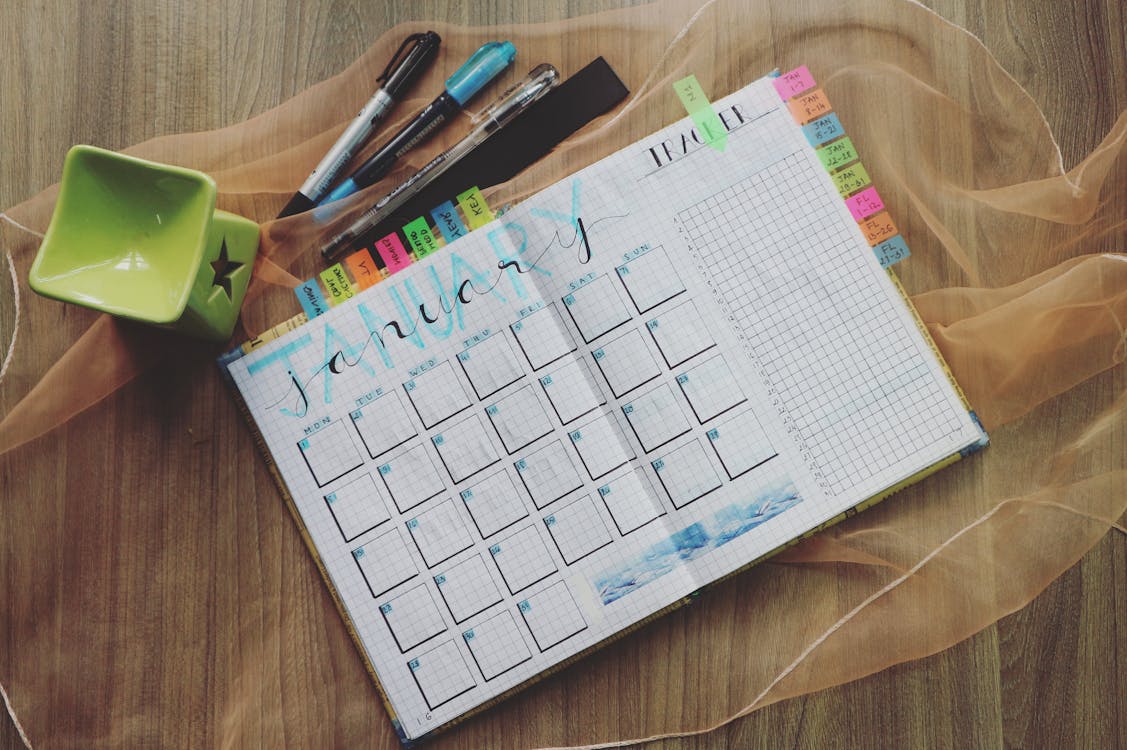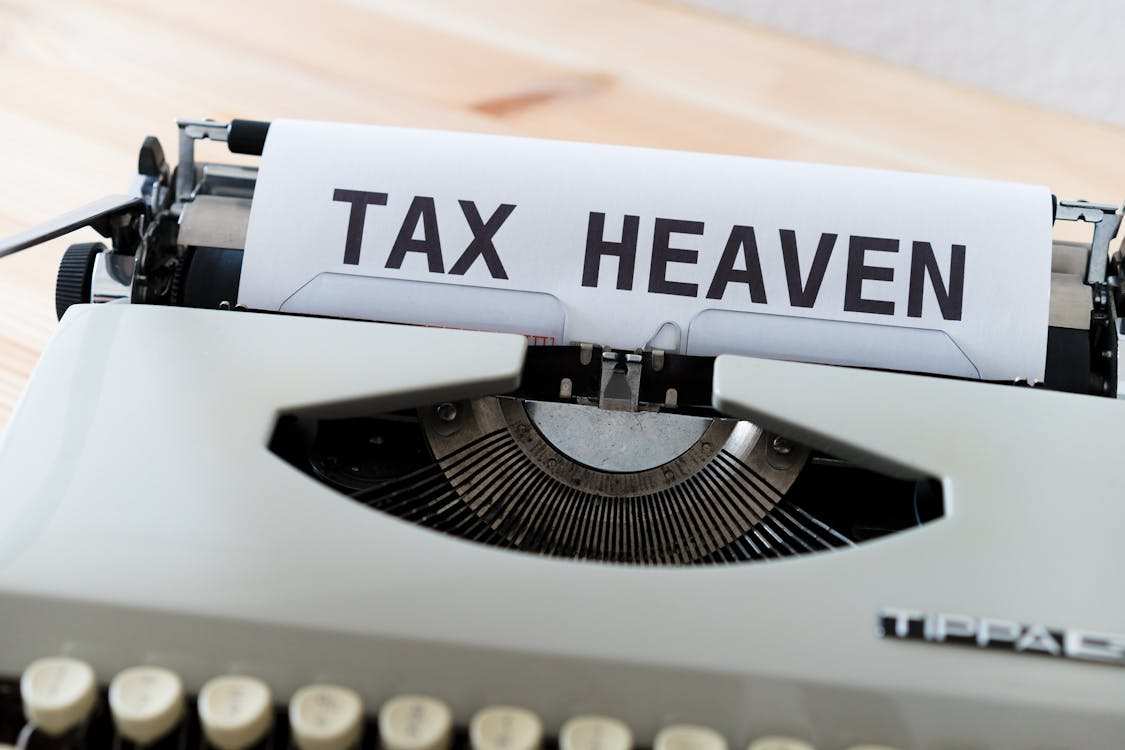As we are nearing the end of 2020, it also means we are approaching the deadline for self-assessment forms on January 31st (in the UK). In the US, quarterly taxes are expected. That means, if you haven’t already, you should start filling out your self-assessment form. This is probably the least favourite thing about being a freelancer. But nonetheless- it must be done! Here are some tax hacks for freelancers:
1. Make Sure You Know The Dates For Tax Hacks

Knowing the dates of when your tax is due helps you plan in advance and eases the pressure when it comes to filling out your self-assessment form. If you do it in months in advance, as oppose to just a few weeks just before the deadline, you can take your time steadily and avoid rushing which reduces your chances of making any mistakes that could backfire afterward. Check the deadline dates and tax years for self -assessment forms in your country. In the UK, the deadline to file your tax is midnight January 31st and the tax year starts on 6th April and ends on 5th April.
2. Track Your Ingoings and Outgoings Throughout The Year

Although you can create your own spreadsheets to record your ingoings and outgoings, there are also apps that help you to track this throughout the year, which makes it a much easier process. At the end of the year, you simply export the data that has recorded and categorised your ingoings and outgoings and you can use this information when filing your taxes.
Finmo is a FREE app I currently use and it allows you to categorize your bank account activity into different categories; freelance, personal, and tax relief, at the tap of a button, which I find so much simpler than manually creating a spreadsheet. It can actually become a fun pass time, whilst being productive haha. When you are ready to export the data, you only pay a one-off £25+VAT fee for this.
3. Understand Tax Reliefs

Make sure you understand what things you can claim tax relief for in your freelance business. Depending on the type of freelance work you do, you may be able to claim tax relief for petrol. For example, if you’re traveling for a business meeting somewhere. Anything you need in order to run your business, you can claim tax relief. So, don’t miss out out on miscategorise something as a personal expense, when you could actually get tax relief from it.
4. Keep A Percentage Aside Of Your Income Throughout The Year

Make sure you have a rough estimate of the minimum amount you will earn per year (or quarterly if in the US) and save around 30% of this income towards paying tax (if paying annually). That way you’re less likely to be rummaging through your money last minute as you have some safely stashed away.
5. Look Into National Insurance For Tax Hacks

As a self-employed person, there are different types of National Insurance. Class 2 and Class 4 are the most common for self-employed people in the UK.
Depending on your annual income, you may decide to go with one of the others. The benefits of paying National Insurance as a freelancer means you can benefit from certain state benefits, such as a state pension.
As a freelancer, you are more likely to pay Class 4 National Insurance. But there is a threshold of income you must earn in order to pay this.
6. Consider Getting An Accountant For Tax Hacks

If you would rather not pay your taxes yourself, you can hire an accountant to help you out. Finmo also offers this feature where you can hire an accountant for a one-off fee.
7. Get To Know How Tax Income Works

Even if you do hire an accountant, you should still get familiar with the basics of tax terms and be familiar with your ingoings and outgoings. For more detail about how to tax income works in the UK, check out this article that I wrote for fellow freelance site, Underpinned.
If you are just getting into freelancing and would like some more guidance on how to build your freelance business and lifestyle, you can book a strategy call with me.


